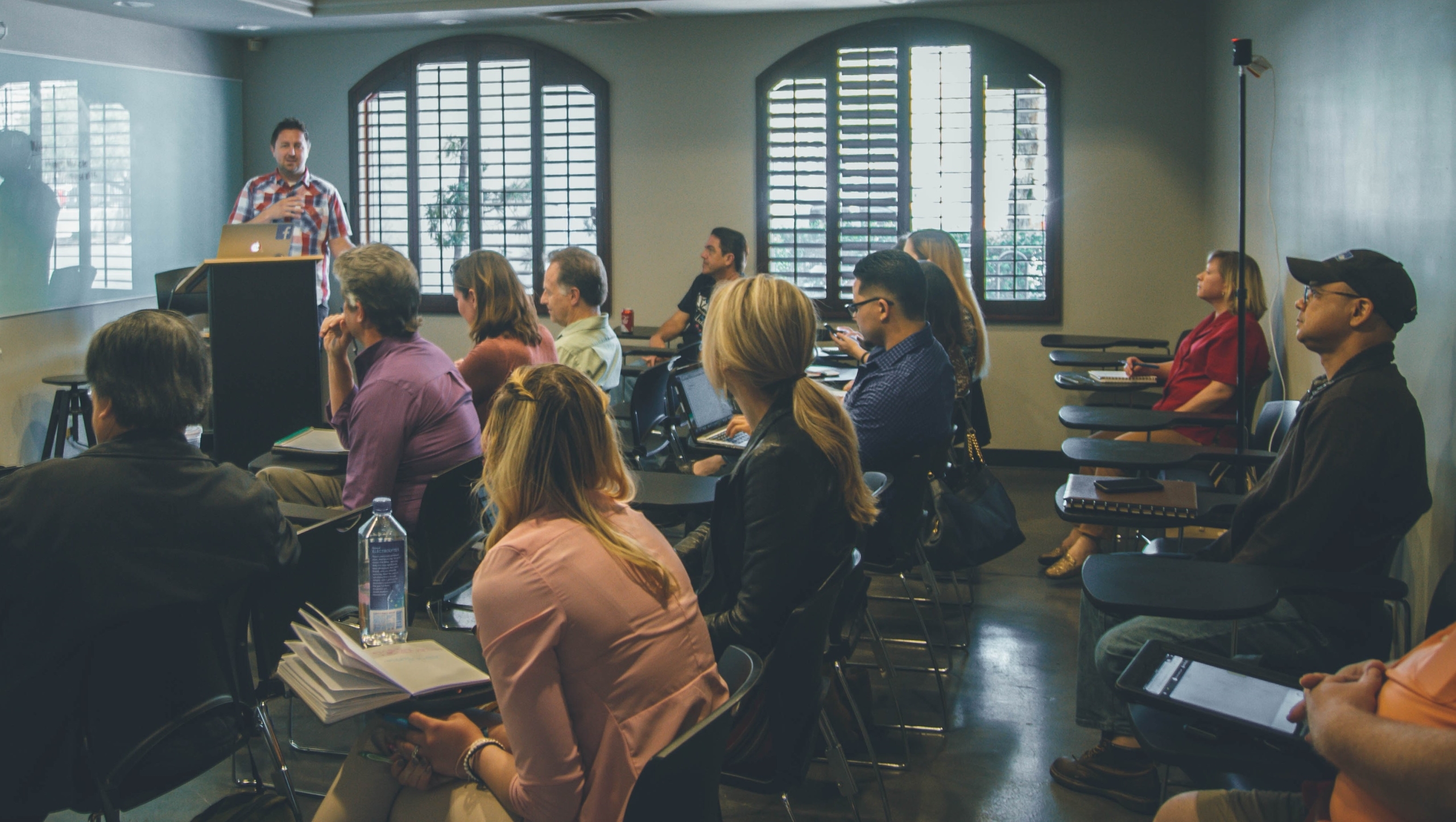
Counselling training courses
Counselling training courses
Beginning
Training to become a counsellor/psychotherapist can take three to four years. Counselling and psychotherapy can be deeply rewarding professions, however they are not suited to everyone, so it is important that you test out whether becoming a therapist is the right choice for you.
You will find ‘introduction to counselling’ courses run by FE colleges or counselling training organisations, including ACC training organisations. These will typically give you an overview of what counselling is and how it differs from other caring professions, an understanding of one or more of the main approaches, some basic active listening skills and encourage reflection. Normally these courses are between eight to 12 weeks.
Certificate courses (level 2/3)
These are generally one-year part-time courses run by FE colleges or counselling training organisations, including ACC training organisations. Most will require applicants to have done an introduction course or to have significant relevant prior learning or experience.
Certificate courses should provide a deeper foundational knowledge about counselling theory and practice, including ethics, skills training, and the growth of self-awareness, and reflection. Courses may explore how contemporary issues, for example those relating to diversity and inclusion, impact on trainees as well as clients.
A certificate course will be a good test of your aptitude for counselling as well as your readiness for embarking on a qualifying course. Whether you continue in training or not, certificate courses can enhance your work, community, and personal life.
Qualifying training courses (level 4 and above)
Qualifying training normally takes a further two to three years of part-time study. The training involves personal growth and development, alongside the knowledge and skills required to become a counsellor/psychotherapist. In Christian settings, there will be the freedom and opportunity to explore how counselling theories and approaches integrate with Christian faith perspectives.
Qualifying courses can range from level 4 and level 5 diplomas to bachelor’s and master’s degrees. It’s important to check that the course you enrol on is one that will allow you to join an accredited register for counselling or psychotherapy on completion.
Qualifying training may be termed ‘counselling’ and/or ‘psychotherapy’. Whether there is a distinction between the two terms in the practice of therapists is a subject of debate within the profession. However, generally courses that are at level 7 and include a substantial amount of personal therapy and clinical practice, are more likely to be called psychotherapy training.
The sections below set out what to look for when selecting a qualifying training course, but if you are unsure whether a course you are considering meets any of the requirements to join ACC’s register, please contact us.
Training accreditation
Your qualifying training course must be accredited with an appropriate counselling and/or awarding body. Counselling membership bodies that accredit qualifying training include the BACP, UKCP, BPC and NCPS. Other bodies that can accredit counselling training courses include AIM Group, Counselling and Psychotherapy Central Awarding Body (CPCAB), the Open College Network (OCN) and Skills and Education Group Awards (SEG). Counselling courses undertaken in further or higher education colleges are written to national qualification frameworks and validated by the relevant academic board. More information about qualification levels can be found on the government website.
It is recommended that you check that the training provider and the specific course you have selected allows you to access student finance should you need it.
Learning hours
A qualifying training course needs to incorporate 300-400 or more of total learning hours. These are the hours spent during a course of study where a student is actively engaged in learning in real time under the guidance, presence, or supervision of the tutor who is active/available either in person or on a digital platform in a ‘virtual classroom’. Many courses have this blended learning approach. However, counselling/psychotherapy training relies on developing complex inter-personal skills and embodied awareness in an in-person environment. Therefore at least 70% of the course should be in-person, with the remaining 30% being in a virtual classroom.
Please note that distance learning courses at any level (diploma, bachelor, masters and doctorate) are not accepted as qualifying counselling training.
Clinical placement
A qualifying training course must also have a minimum of a 100-hour supervised clinical placement. Students will at some point in their training begin to counsel clients in a counselling centre or similar, under a qualified counsellor who is a supervisor. This is not the same as practising with fellow students in a training setting. This component of learning will also include ethics and law and good practice standards, such as contracting and note keeping. It is advisable where possible to undertake a placement where you gain experience of in-person and online counselling practice.
Personal therapy
Although not required, ACC strongly recommend that the course programme encourages trainees to undergo personal counselling.
Curriculum
When new to the field there can be a confusing array of different theoretical approaches and emphasis, for example integrative, person centred, psychodynamic, CBT and others. It is worth doing some research and investigation to see what approach most fits your interests and outlook. There are helpful ‘introduction to counselling’ text books which explain the philosophies and theory of changes behind the various approaches. You may also want to read more personal biographical books about the experience of being a counsellor/psychotherapist. ACC can provide a list of indicative reading.
The Scope of Education and Practice (SCoPEd) Framework January 2022 sets out the minimum standards and competences that can be used as a helpful checklist for training organisations offering entry level training (Column A competencies and standards).
If you have any questions, please contact us.
Training with an ACC organisational member
Most ACC organisational members offer qualifying training courses where approaches and theories are taught within Christian worldview perspectives. You can expect to explore the similarities and differences between Christian ideas of personhood, mental health and wellbeing, and psychological understandings of the same. Good courses will explore ways in which psychological and spiritual health and relationships influence one another. In addition, the training should equip you to work safely with religious and spiritual interventions in counselling with appropriate consent, and within ethical and other boundaries.
Counsellors/psychotherapists who have trained with ACC training organisations work in many different professional settings with people of all faiths and none.


